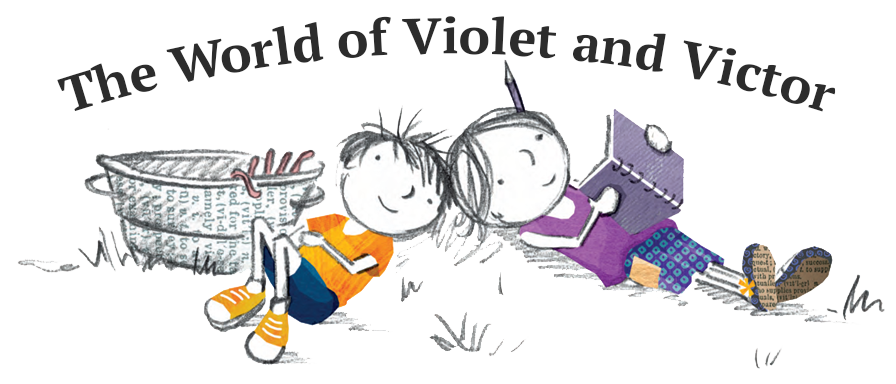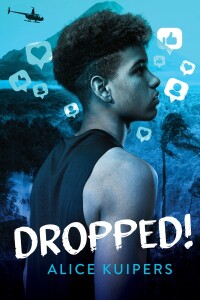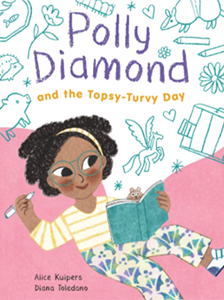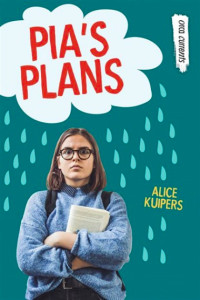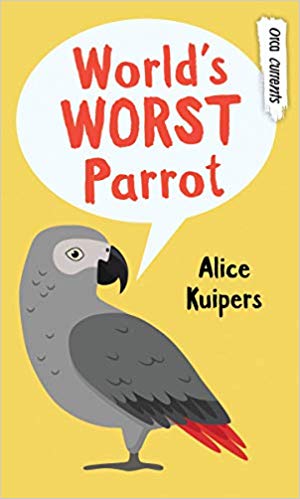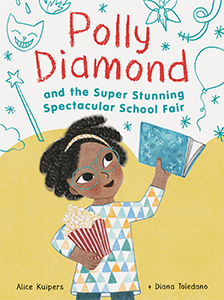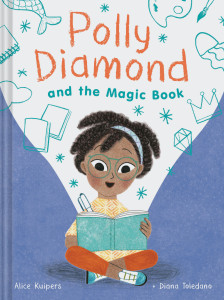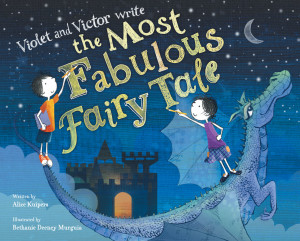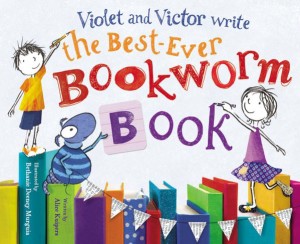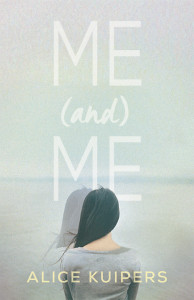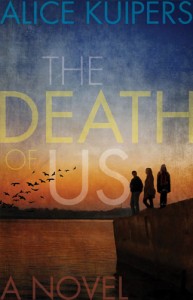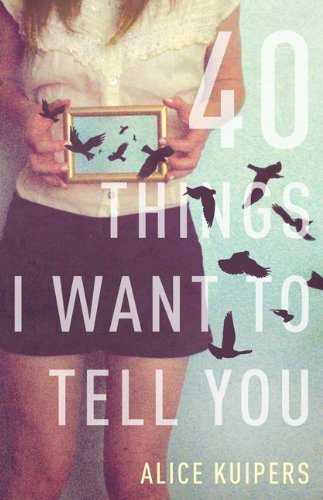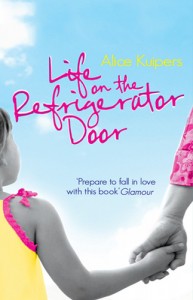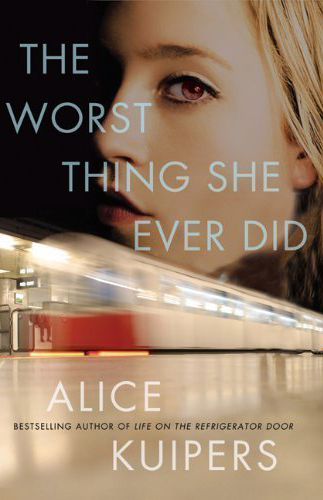Workshop Twenty
One mistake many writers make is that they don’t spend enough time re-reading their own work, looking for ways to make it better.
It’s tempting when you’ve written a first draft to send it straight to a publisher or editor, believing perhaps that they’ll do all the editorial work. Posting your first draft on Wattpad is one way to get feedback, but it isn’t the way for you to get the best feedback from your readers. Your first reader should be you. Later on, invite other readers to give you new ideas, but first read your work over at least THREE TIMES yourself.
Reading with an editorial eye is fun and rewarding. And it will make you a better writer. Honest.
There are two main stages to editing. The macro stage and the micro.
The macro stage is when you think about the big picture. You need to read the entire piece asking yourself WHAT IS THIS STORY ABOUT and then ruthlessly cutting anything that doesn’t help you answer that question. This is when you remove characters who don’t work, when you add entire scenes because you realize you need them, and when you make sure the tense and the voice is consistent and working for your book.
I have rewritten many of my own manuscripts entirely from scratch after a macro read. It’s hard to accept you need to begin again, but sometimes when you take a good hard look at your book you realize a complete rewrite is needed. Turns out that once you’ve decided to actually do it, the rewrite can be much easier and more fun than you could ever imagine.
The micro stage of editing involves thinking about the little details, every paragraph, line, word and punctuation moment in the text. Spelling, grammar, smooth dialogue, consistency of character, good scene transitions… there are so many micro edits that a writer can do, it would take pages to list them all. During this workshop we’ve looked at a couple of key micro edits. Last week we looked at avoiding clichés and in this final week on ‘Fixes For Your Fiction’ we’re going to think about one very easy fiction fix. Improving our verbs.
Here’s a short example written with weak verbs: I went to the shop. I got a chocolate bar. I was hungry.
Here’s a rewrite with stronger verbs. I staggered to the shop and begged for a chocolate bar.
This one sentence conveys so much more about character and emotion when I use stronger verbs. Think of the verbs as the muscles that keep your writing powerful. It’s one more of the many, many ways you can hone and improve your writing by editing. Don’t be put off by the hard work of rewriting – I’ve actually learned to find it fun and an essential part of writing the stories I want to tell.
This week’s writing prompt:
I wish I could remember where I got this prompt, but the author escapes my mind. Regardless, it’s a great way for you to discover stronger verbs, which will help you write strong, muscular fiction.
Write a list of all the verbs you can think of connected with cooking. Using as many of these verbs as possible, write a scene of up to 400 words set in a kitchen. Notice how the strong verbs really enliven your writing.

